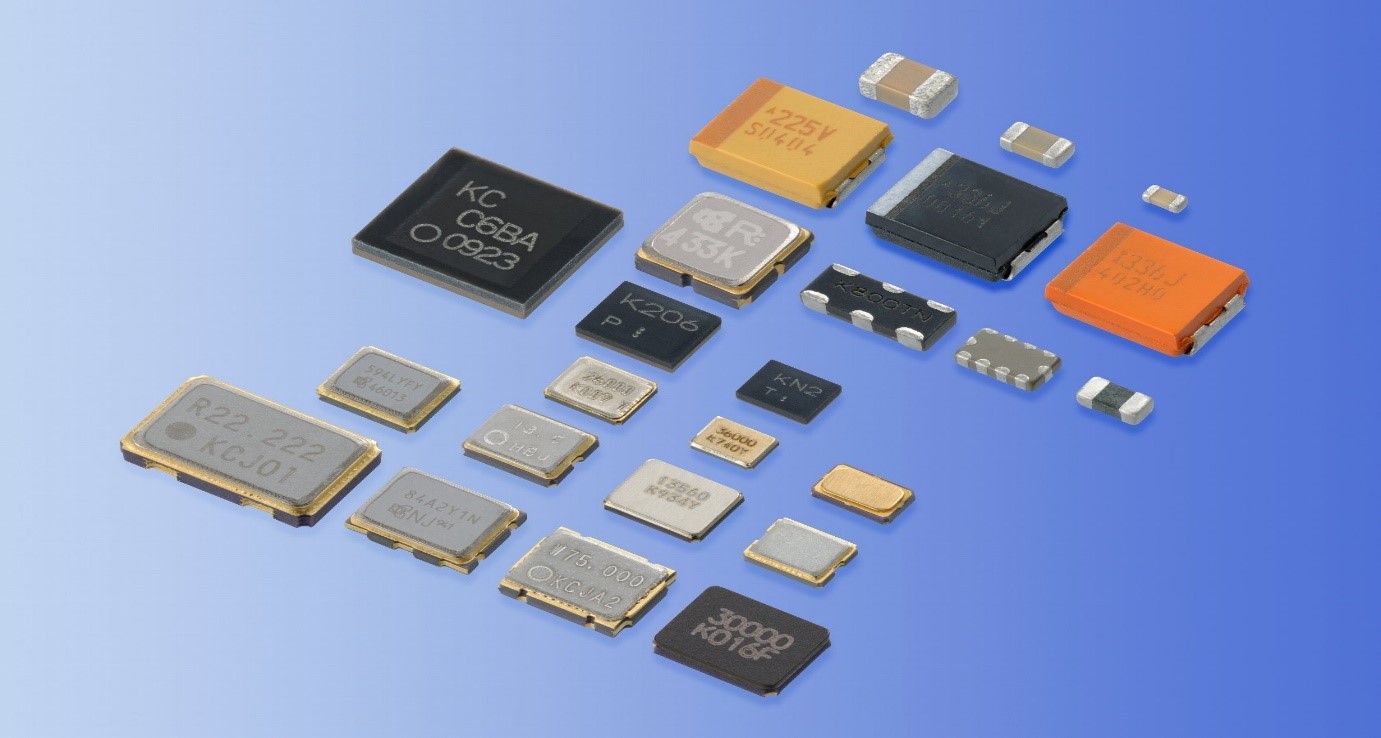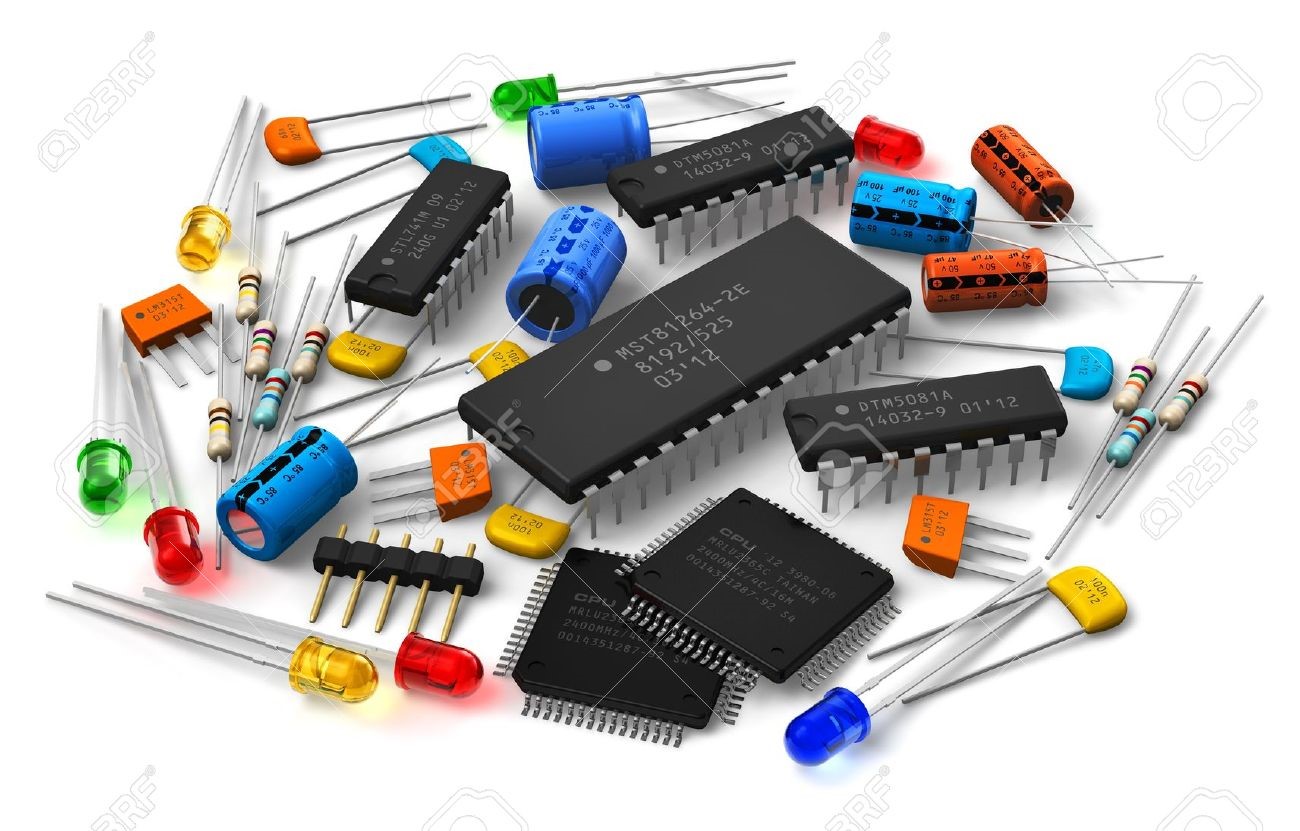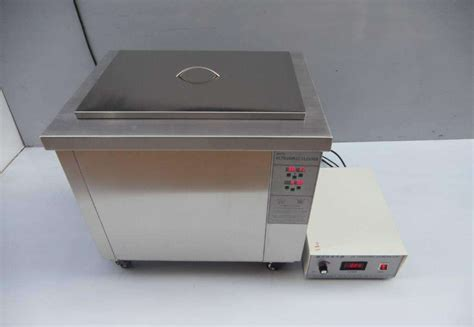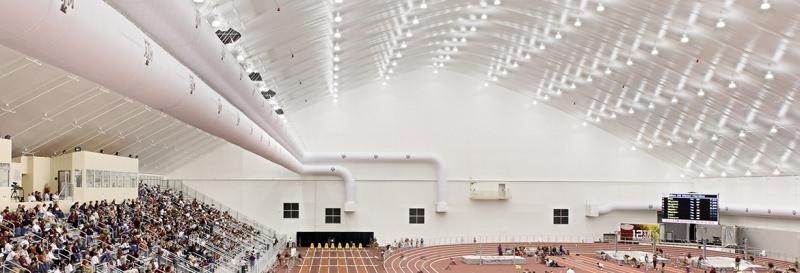For anyone interested in finding out more about electricity, understanding the basic components is an important place to start. You’ll also need to know the how the basic components work together to make impressive and powerful electrical systems.
Electrical devices are used every single day by many millions of people across the world. The parts that make up these devices are manufactured from tiny electronic components made from a variety of different raw materials. The raw materials used in the manufacturing process all have unique characteristics, such as strong conductivity and insulating properties, making them the ideal choice for making electrical components.
Here are some of those raw materials:
Metals
Copper is used a great deal as it has strong conductivity and can be easily shaped and moulded. Other metals used include nickel, lead, tin, silver, aluminium and chromium. You’ll find these metals being used in components like capacitors, resistors and transducers.
Plastics and Petroleum-based materials
Plastics are often used to make electronic components thanks to their insulating qualities and their resistance to heat. Plastics used include, polyethylene terephthalate, polystyrene and polyvinylchlorate or PVC. These materials are used primarily for thermistors and capacitors.
Minerals
The minerals used in electronic component manufacture include silicon, which is actually considered a semimetal. It is used for semiconductors and microchips. Other non or semi-metals used include cobalt, fluorite, bismuth, garnet, talc, antimony and magnesium.
Other materials
Some other materials that can be found in electronic components are ceramics, which work week as insulators. Others include glass, some types of clay, gold, calcium and carbon.
The above materials are used in a variety of components:
Resistors
A resistor’s main job is to resist the flow of electricity which travels through it. Any system that requires a restriction or control of electricity will use a resistor. For purchasing your Electrical Control Components, visit https://www.osmelectrical.com/
Capacitors
While resistors control electrical flow, capacitors act like small rechargeable batteries that can hold small bits of charge inside them. They allow the alternating current (AC) to flow through while resisting the direct current (DC).
Transistors
A transistor is a more complex component used in the building of complicated electrical systems. It’s a bit like a switch. A basic switch has an on and off setting, changed manually but a transistor is more advanced with multiple output states. You cannot change them manually but must run current through it. By controlling the amount of current flowing through, you can control what output state you receive.
Inductors
These are also more complex components. As with transistors, inductors are used in more complex electrical systems. Inductors are basically wire coils that surround other components to be used as filters.
Integrated Circuit
An integrated circuit is a component that integrates or combines various components, such as the ones listed above. An IC can act as a resistor or a transistor. It’s like a ready-made chip that can be used without having to use multiple capacitors or transistors.





